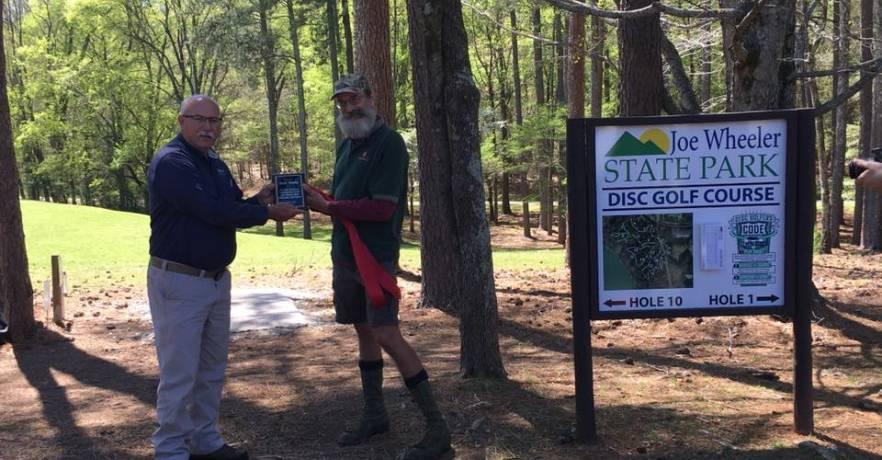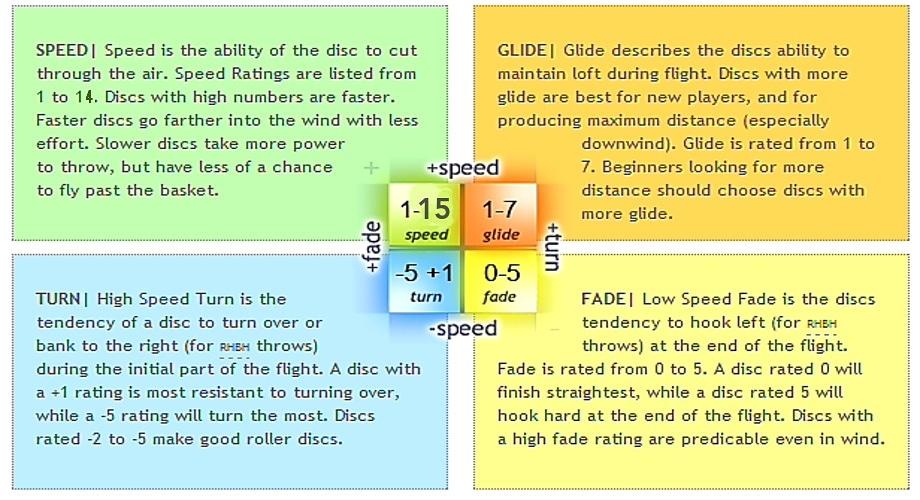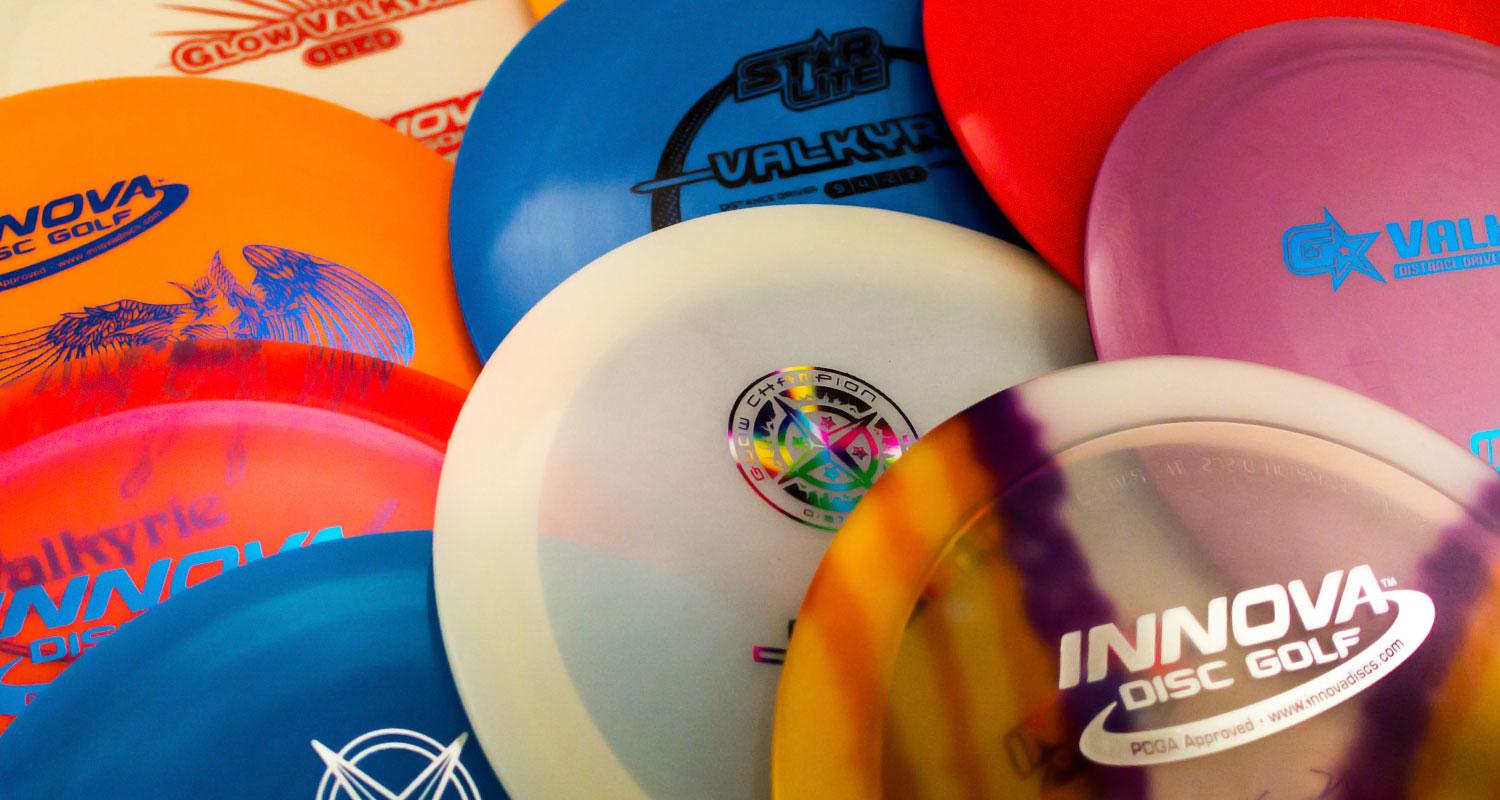Disc Golf Course
Disc Golf
*Disc Golf Course is located in the Day Use Area across from the Basketball Courts
Course Details:
- Course Type: Permanent
- Year Established: 2016
- Designers: James Burton & Jack White
- Course Landscape/Terrain: Moderately Hilly & Heavily Wooded
- Holes/Baskets: 18
- Course Length: 5268 ft
- Par Info: 57
- DGCR SSE: 52.4
- Multiple Tees/Pins: No
- Tee Type: Carpet
- Hole Type: Monkey Trap
What is Disc Golf?
Disc golf is played much like golf. Instead of a ball and clubs, though, players use a flying disc or frisbee. The sport was formalized in the 1970s and shares with golf the object of completing each hole in the fewest strokes (or, in the case of disc golf, fewest throws). A golf disc is thrown from a tee area to a target, which is the "hole." The hole can be one of a number of disc golf targets; the most common is an elevated metal basket. As a player progresses down the fairway, he or she must make each consecutive throw from the spot where the previous throw landed. The trees, shrubs, and terrain changes located in and around the fairways provide challenging obstacles for the golfer. Finally, the "putt" lands in the basket and the hole is completed. Disc golf shares the same joys and frustrations of golf, whether it's sinking a long putt or hitting a tree halfway down the fairway. There are a few differences, though: Disc golf is often free to play in public parks, although pay-to-play courses are trending upward; you probably won't need to rent a cart, but converted golf course layouts are also on the rise; and your "tee time" will usually come during tournament competition, not casual play.
Who Plays Disc Golf?
Disc golf is designed to be enjoyed by people of all ages, gender identity, and economic status, making it a great lifetime fitness activity. Because disc golf is so easy to learn, no one is excluded; players merely match their pace to their capabilities and proceed from there.
Why should I play?
Disc golf provides upper and lower body conditioning, aerobic exercise, and mental stimulation. Concentration skills increase by mastering shots and negotiating obstacles, and players of limited fitness levels can start slowly and gradually increase their level of play. Scheduling is also flexible: A casual round takes one to two hours and may be played alone, eliminating the difficulty of scheduling tee times. Perhaps the greatest attribute of the sport is the low barrier to entry. A professional quality disc costs roughly $15, and it only takes one for basic play.



